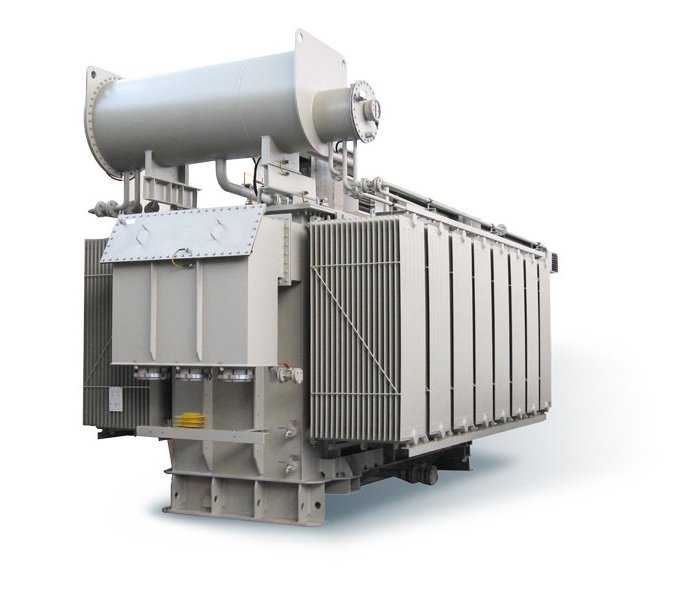Principle:
An energy storage transformer is a specialized transformer designed for use in energy storage systems, operating on a principle similar to standard transformers. Its primary function is to adjust the voltage and current within energy storage systems to meet the requirements of the storage devices. Energy storage transformers typically have higher current capacity and lower losses to ensure the efficient operation of energy storage systems.
Advantages:
Versatility: Energy storage transformers can be custom-designed to meet the specific requirements of different energy storage systems and devices, offering high adaptability.
Efficiency and Energy Savings: Well-designed energy storage transformers can improve energy utilization efficiency and reduce energy losses.
Stability: Energy storage transformers provide stable voltage and current outputs, ensuring the smooth operation of energy storage systems.
Reliability: Energy storage transformers are often made from high-quality materials and advanced manufacturing processes, offering high reliability and durability.
Disadvantages:
Higher Cost: Due to the need to meet the specific requirements of energy storage systems, energy storage transformers tend to have higher manufacturing costs.
Complexity: Designing and customizing complex transformer solutions for different energy storage systems and applications can increase system complexity.
Applications:
Battery Energy Storage Systems: Energy storage transformers are widely used in battery energy storage systems to adjust the voltage and current of battery packs, enabling energy storage and discharge.
Wind and Solar Energy Storage Systems: In wind and solar energy generation systems, energy storage transformers manage the conversion and storage of wind and solar energy.
Electric Vehicle Charging Stations: Energy storage transformers are often installed in electric vehicle charging stations to regulate the voltage and current of charging equipment, ensuring the safety and stability of the charging process.
Grid Ancillary Services: Energy storage transformers are also used to provide grid ancillary services, including frequency regulation and reactive power compensation, to improve grid stability and reliability.
In summary, energy storage transformers play a crucial role in energy storage systems, offering advantages such as versatility, efficiency, and stability. They are applicable in various energy storage scenarios and are essential components for the development of energy storage technologies.
